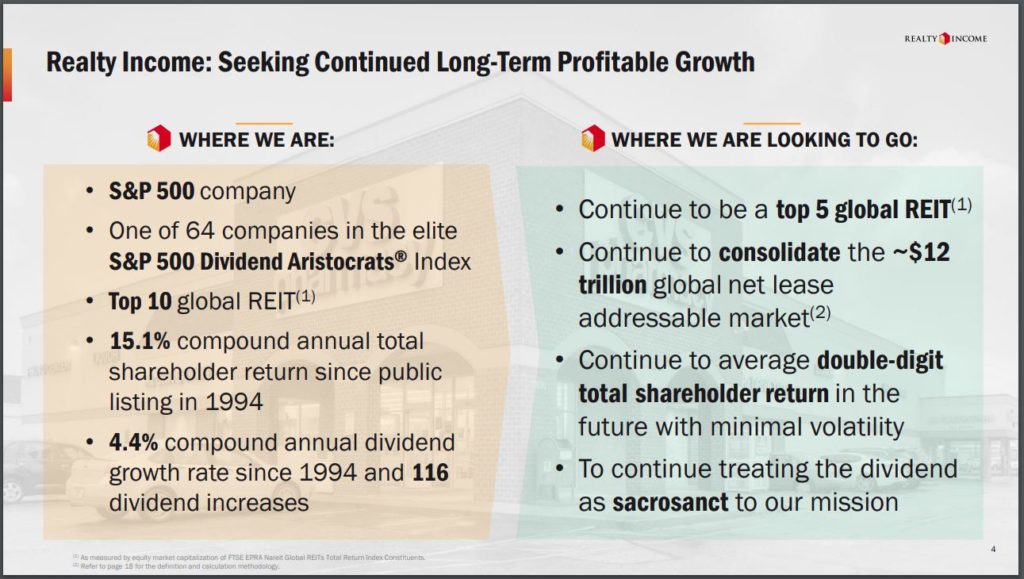Exploring the realm of selecting the optimal business insurance for startups, this introduction sets the stage for a detailed and insightful discussion. From the significance of insurance to the intricacies of coverage types, this guide aims to equip startups with the knowledge needed to make informed decisions.
In the subsequent paragraphs, we will delve into the nuances of various insurance options, the process of determining insurance needs, researching reputable providers, managing costs effectively, and much more.
Importance of Business Insurance for Startups

Starting a new business comes with a lot of risks and uncertainties. Having proper business insurance can provide crucial protection for startups in various ways.
Identifying Potential Risks
- Property Damage: Without insurance, a startup could face significant financial losses in case of damage to property or equipment due to accidents, fires, or natural disasters.
- Liability Claims: In the event of lawsuits or claims against the company for negligence, having insurance can cover legal fees and settlement costs.
- Business Interruption: If unexpected events force a startup to halt operations temporarily, insurance can help cover ongoing expenses and lost income.
Protection of Assets and Finances
Business insurance can safeguard a startup's assets and finances by providing a safety net in case of unforeseen circumstances. It ensures that the company can continue to operate smoothly even in challenging times.
Types of Business Insurance Available
Insurance is a crucial aspect of risk management for startups. There are various types of business insurance available to protect your new venture from unforeseen circumstances. Let's explore the different types of business insurance suitable for startups and the specific coverage they offer.
General Liability Insurance
General liability insurance is essential for startups as it provides coverage for third-party claims of bodily injury, property damage, and advertising injury. This type of insurance protects your business from lawsuits and helps cover legal expenses in case of a liability claim.
- Provides coverage for bodily injury and property damage claims
- Offers protection against advertising injury claims, such as defamation or copyright infringement
- Helps cover legal fees and settlements in case of lawsuits
Professional Liability Insurance
Professional liability insurance, also known as errors and omissions insurance, is crucial for startups that provide professional services or advice. This type of insurance protects your business from claims of negligence, errors, or omissions in the services you provide.
- Covers legal expenses in case of professional negligence claims
- Provides protection against claims of errors or omissions in the services offered
- Helps cover the costs of settlements or judgments in case of a lawsuit
Property Insurance
Property insurance is essential for startups that own or lease physical space, equipment, or inventory. This type of insurance provides coverage for damage or loss of property due to events like fire, theft, or natural disasters.
- Protects physical assets such as buildings, equipment, and inventory
- Covers the cost of repairing or replacing property damaged by covered perils
- Provides coverage for business interruption losses due to property damage
Assessing Insurance Needs for Startups
When it comes to startups, assessing insurance needs is crucial for ensuring the long-term success and sustainability of the business. By understanding the specific risks and challenges faced by the startup, entrepreneurs can make informed decisions about the type and amount of insurance coverage required.
Here is a step-by-step guide on how startups can assess their insurance requirements:
Identify Potential Risks
- Start by identifying the potential risks that your startup may face, such as property damage, liability claims, or business interruption.
- Consider the industry in which your startup operates and the specific challenges associated with it.
- Consult with industry experts or insurance professionals to get insights into common risks faced by startups in your sector.
Evaluate Current Assets
- Assess the value of your startup's assets, including equipment, inventory, and intellectual property.
- Determine the financial impact of potential losses on these assets in the event of an unforeseen event.
- Consider whether your startup has any existing insurance coverage and evaluate its adequacy in mitigating risks.
Understand Legal Requirements
- Research the legal requirements for insurance coverage in your industry and location.
- Ensure that your startup complies with mandatory insurance regulations to avoid penalties or legal consequences.
- Consult with a legal advisor or insurance agent to understand the specific insurance requirements for startups in your jurisdiction.
Assess Budget Constraints
- Evaluate your startup's budget constraints and determine how much you can afford to spend on insurance premiums.
- Weigh the cost of insurance coverage against the potential financial impact of not having adequate protection in place.
- Explore different insurance options and compare quotes from multiple providers to find a policy that fits your budget.
Researching Insurance Providers
When it comes to choosing the best insurance provider for your startup, conducting thorough research is crucial. This process involves evaluating different insurance companies to ensure that you select the one that meets your specific needs and offers the best coverage at a competitive price.
Factors to Consider When Researching Insurance Providers
- Compare Coverage Options: Look into the types of coverage each insurance provider offers and determine if they align with your startup's needs. Consider factors such as general liability, property, and professional liability insurance.
- Check Pricing and Premiums: Compare quotes from different insurance providers to understand the cost implications. Remember that the cheapest option may not always provide the best coverage, so weigh the costs against the benefits.
- Assess Customer Service: Research reviews and ratings of insurance providers to gauge their customer service quality. A reliable insurance company should offer excellent customer support and timely claims processing.
- Review Financial Stability: It's essential to choose an insurance provider with a strong financial standing to ensure they can fulfill their obligations in case of a claim. Check their financial ratings and stability to assess their reliability.
Importance of Checking Reputation and Financial Stability
Checking the reputation and financial stability of insurance companies is vital for startups as it ensures that you partner with a reliable and trustworthy insurer. A reputable insurance provider with a strong financial position is more likely to honor claims and provide the necessary support when required.
By verifying these aspects, startups can mitigate risks and secure their financial future.
Cost Considerations and Budgeting
When it comes to choosing the best business insurance for startups, cost considerations and budgeting play a crucial role. As a startup owner, it's important to understand how to effectively budget for insurance costs, consider factors that influence the cost of business insurance, and find affordable insurance options without compromising coverage.
Factors Influencing Insurance Costs for Startups
- Industry Risk: The industry in which your startup operates can significantly impact insurance costs. High-risk industries may have higher premiums.
- Business Size: The size of your startup, including the number of employees and revenue, can influence insurance costs.
- Location: The location of your startup can affect insurance costs due to factors like crime rates, natural disasters, and local regulations.
- Coverage Limits: The amount of coverage you choose for your startup will impact the cost of insurance premiums.
Tips for Finding Affordable Insurance Options
- Compare Multiple Quotes: Obtain quotes from different insurance providers to compare costs and coverage options.
- Bundle Policies: Consider bundling multiple types of insurance policies with the same provider for potential discounts.
- Review Deductibles: Adjusting deductibles can help lower premiums, but ensure you can afford the out-of-pocket costs in case of a claim.
- Seek Discounts: Inquire about discounts for safety measures, good credit, or industry affiliations to reduce insurance costs.
End of Discussion

In conclusion, understanding the landscape of business insurance is vital for the success and security of startups. By carefully considering the factors discussed in this guide, startups can navigate the complex world of insurance with confidence and foresight.
Question & Answer Hub
What are the key risks for startups without proper insurance?
Startups without adequate insurance face risks such as liability lawsuits, property damage, and loss of income due to unforeseen events.
How can startups assess their insurance requirements effectively?
Startups can assess their insurance needs by evaluating their assets, potential risks, industry regulations, and long-term business goals.
What factors influence the cost of business insurance for startups?
The factors that impact insurance costs for startups include the type of coverage needed, business size, industry risks, location, and claims history.




